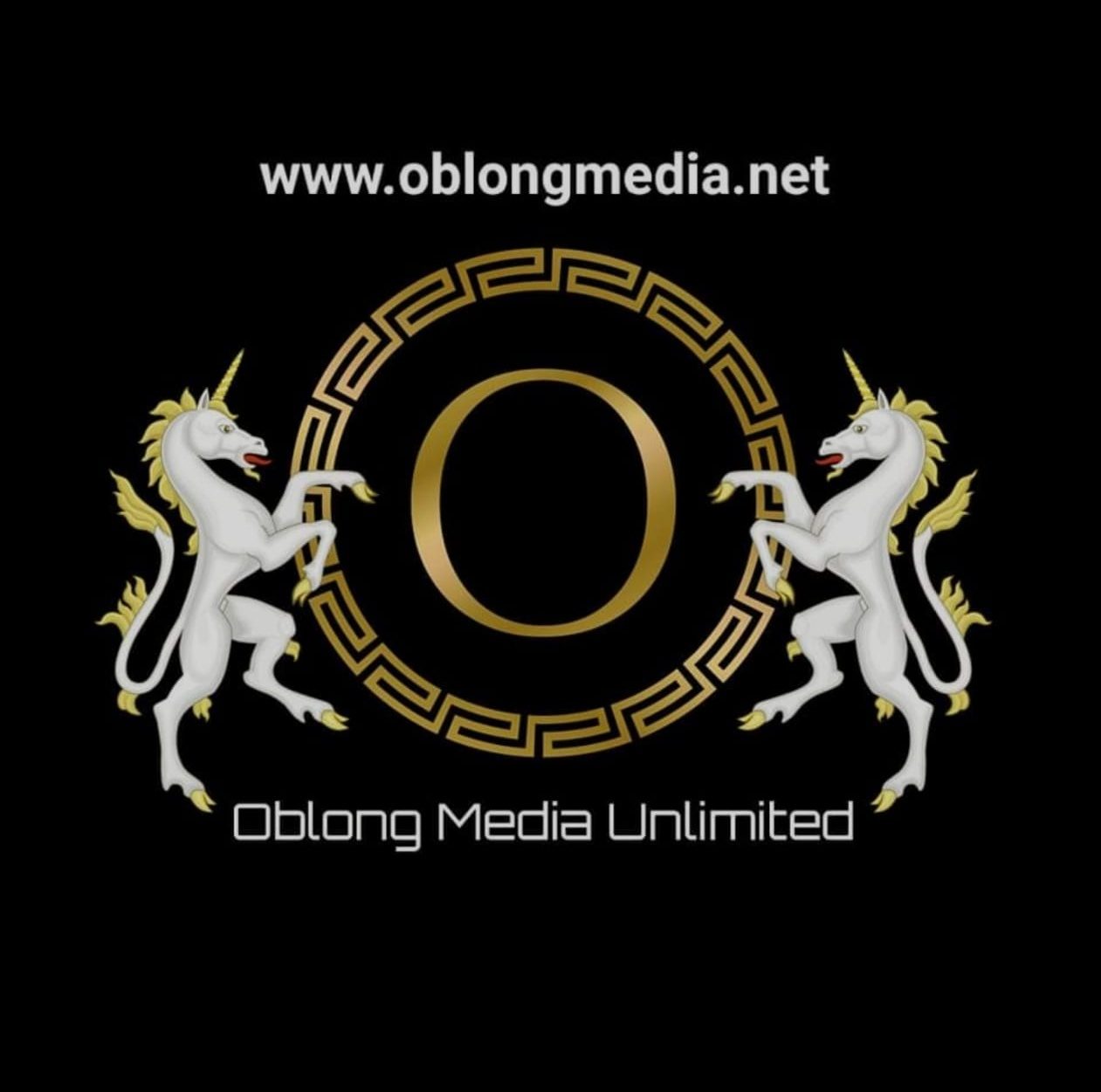
The journey towards securing the governorship for Owerri Zone in Imo State encapsulates a myriad of deeply rooted challenges and political intricacies. Since Nigeria’s return to democracy in 1999, the zone has faced hurdles in claiming the governorship seat, despite the establishment of the first Imo Charter of Equity intended to ensure fairness among the state’s zones: Owerri, Orlu, and Okigwe.
The historical context reveals a pattern of perceived injustice, notably the controversial cancellation of Chief Martin Agbaso’s election in 2007 and the removal of Emeka Ihedioha from office in 2020 due to a Supreme Court ruling. These events have significantly galvanized significant efforts within Owerri Zone, underscored by my personal involvement in intensive media campaigns aimed at rallying support for the zone’s cause over a 3 year period.
In a recent development, Governor Hope Uzodimma had pledged to ensure that his successor in 2027 emerges from Owerri Zone. This commitment, aligning with the Imo Charter of Equity, seeks to rotate the governorship among the senatorial districts to foster political stability and equity. The governor’s promise has spurred discussions, highlighting both optimism and skepticism regarding its feasibility amidst the complex dynamics of party politics and electoral competition.
Skepticism particularly stems from doubts about the governor’s ability to single-handedly steer the political future towards this promise, especially in light of previous grievances with political leadership from the Orlu zone. The critique extends to the influence of AGIP (Any Government in Power) sycophants and opportunists within Owerri Zone, who are seen as potential obstacles to achieving a united front for the governorship bid.
Challenges identified in the quest for governorship include internal divisions within Owerri Zone, where individual ambitions sometimes overshadow collective interests, leading to fragmented support. Additionally, the menace of sycophancy and external allegiances further complicates the zone’s unity. Intra-party wrangling within the All Progressives Congress (APC) further illustrates the difficulty in rallying around a consensus candidate.
Despite these challenges, there’s a recognition of the need for strategic alignment and negotiations, both within Owerri Zone and across the broader political landscape of Imo State. The emphasis on unity and collective action underscores an understanding that securing the governorship transcends mere resource mobilization within the zone; it requires effective engagement with the state’s complex political dynamics.
As 2027 nears, the political landscape in Imo State, particularly regarding Owerri Zone’s prospects for the governorship, continues to evolve. The unfolding discourse reflects deeper themes of equity, fairness, and the pursuit of inclusive governance within Nigeria’s regional politics.
By Chimazuru Nnadi-Oforgu
“Duruebube Uzii na Abosi”
